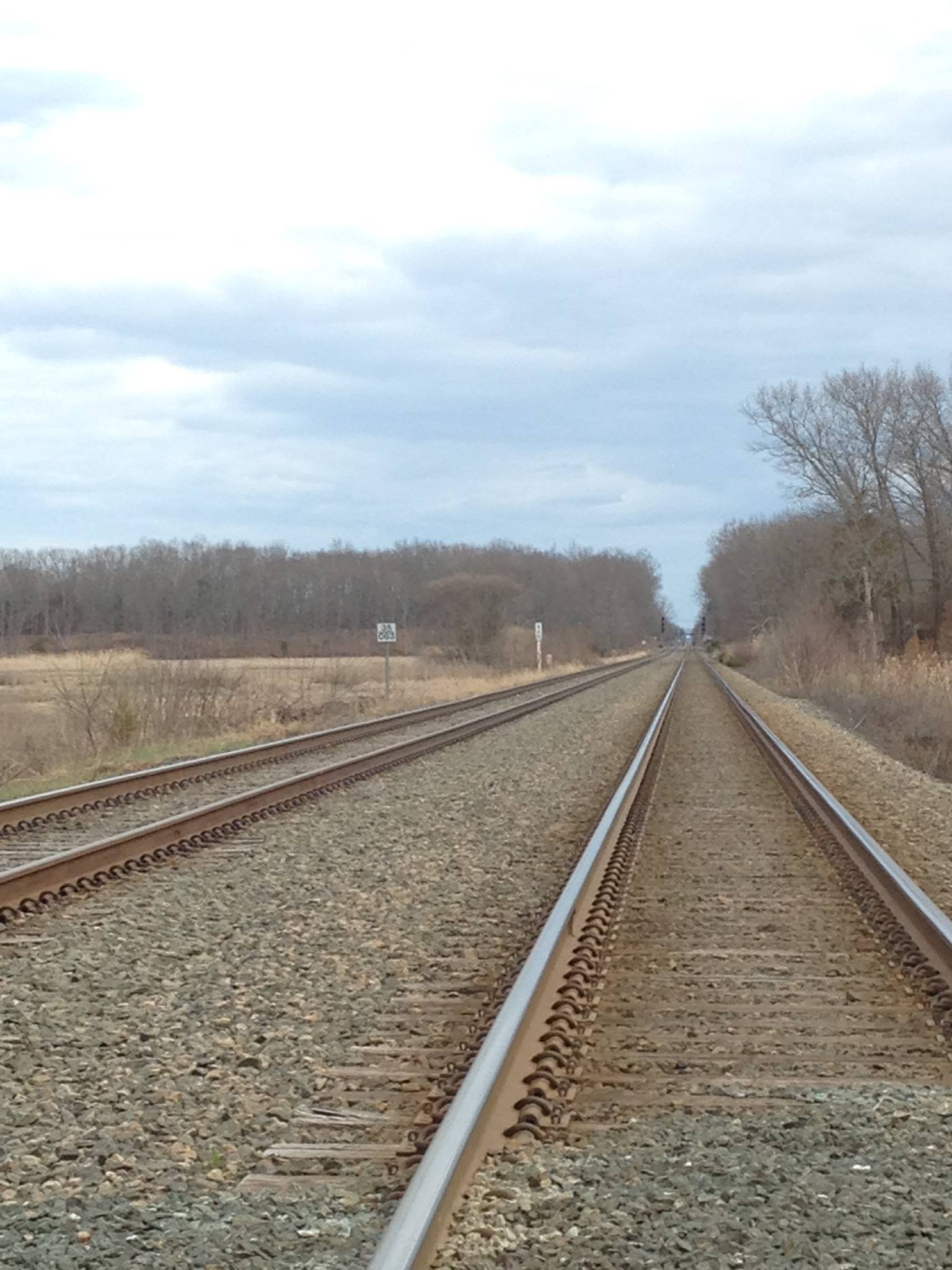
The Slow Care Tract
Prior to the passage of what is commonly called Obamacare, there were people who knew their history, who were warning of death panels. People who knew that there would have to be limitations and curtailment of services, if there ware to be a single-party payer system. Since people were not actually allowed to read the bill before it was passed into law, the claims of death panels were dismissed by many.
The term, death panel was taken to mean an extreme, fringe conspiracy concept, coming from fringe conspiracy theorists, reminiscent of the Twilight Zone. In the episode of the Obsolete Man, the image of a hearing to determine whether or not a person was still valuable to society aired in 1961.
The death panels will actually be simple standard protocols on the front lines. Healthcare providers will not need to seek the determination of a board of people dedicated to the task of metering out services. The Board has provided a sort-of point system for healthcare providers to rate their patients by asking generalized statistical questions.
Points are awarded in various categories. If you are outside of that covered area, you will be sent home with some advice, maybe some treatment, but not called back for the expensive tests that could better target the proper treatment for your particular situation and you will never even know. If you fall into the bell curve of expedience, you will receive the required tests and procedures that, according to some statistical data, will be appropriate.
Appropriate for whom, you ask? Appropriate for the general healthcare fund to pay for. There will be some room for subjective commentary. Such things as the will to live, the level of family support that would lead one to believe you can beat the disease and the understanding of process and progress. All things considered, I think this will frustrate smart doctors, who would like to think outside of the confines of the strict parameters that appear to be in some regulations.
I recently experienced this scenario for myself. It’s called slow care. Slow care is a term used by healthcare professionals in cases of, what they deem, futile care. The care is metered out, delivered slowly; the complications of the illness overtakes the patient, thereby making interventions ineffectual or unnecessary.
Case in point: A healthy, 93 year old woman, living independently without assistance is hit by a car. She has a broken leg and severe laceration of her ankle requiring surgery. She experiences blood loss and requires transfusions, her vitals are stable two days post op and is another two days in hospital.
Then, she is transferred to a rehab facility. They immediately place a Do Not Resuscitate order in her room, double her narcotic pain meds, effectively sedating her and slowing her digestion, even though they take a history and find she has bowel trouble, they do not address it for five days, then give her an enema at midnight and leave her in bed. She is found exhausted in the morning, unwashed and unfed. She has been skipped at other meal times, as well. Her dressings are changed, but clearly the staff has no set protocol and it is done differently by different nurses. Day 12, she has a Care Plan meeting.
At this meeting, the above complaints are addressed, but it is clear that she is alive, because her grandchildren were at her side 12-14 hours per day, making sure she was fed and her needs met as best they could. She was taken home three days later. In a couple of weeks she is walking with assistance. Clearly, she was met with Slow Care.
Was it her age? Was it the circumstances of her arrival? Was she a target for acquiring a longer term patient by negligence or ignorance? Thankfully, we will never know, but how many of our precious elderly are treated this way?
Disabled children often meet the same fate. There are some conditions that are considered incompatible with life by physicians. Trisomy 18 is one such condition. My friends, Brad and Jesi Smith have dealt with slow care for their baby girl, Faith. It is far more common than most people know.
Fewer people will provide care. Fewer people will be able to pay for care. Fewer people will receive care. There will be fewer people. I know of at least one doctor who has left the practice after carefully examining Obamacare.
It stands to reason that in the 20,000 plus pages of regulations that have come to be since the law passed, the many lawyers needed just to confirm compliance for companies has already caused some companies to lay off workers. The exorbitant price of compliance requires reallocation of funds. In order to stay in business, companies have to make sure they can compensate for the regulatory compliance costs they will incur.
There are many new taxes that accompany the law as well. The new taxes may have put some companies out of business already. A very important part of running a business is projecting costs. When small businesses look ahead at the new taxes with the help of their lawyers and accountants there are some significant considerations to be made.
Businesses are working people too. The goal is to make a profit. This is a good thing; providing a beneficial service or goods to willing consumers is mutually beneficial. If they cannot make a profit, then business is doomed. The consumer then has to find another source of that service or of those goods.
It would seem that the train has left the station. The decline in business profit, in turn, reduces the amount of transactions available. Those transactions are the very life blood of any economy. Fewer mutually beneficial transactions deplete the general economy. The fall of the nation is not too far behind. The reduction in the actual population and the reduction of mutually beneficial transactions will be death to the USA.
Where do you think we are headed?



